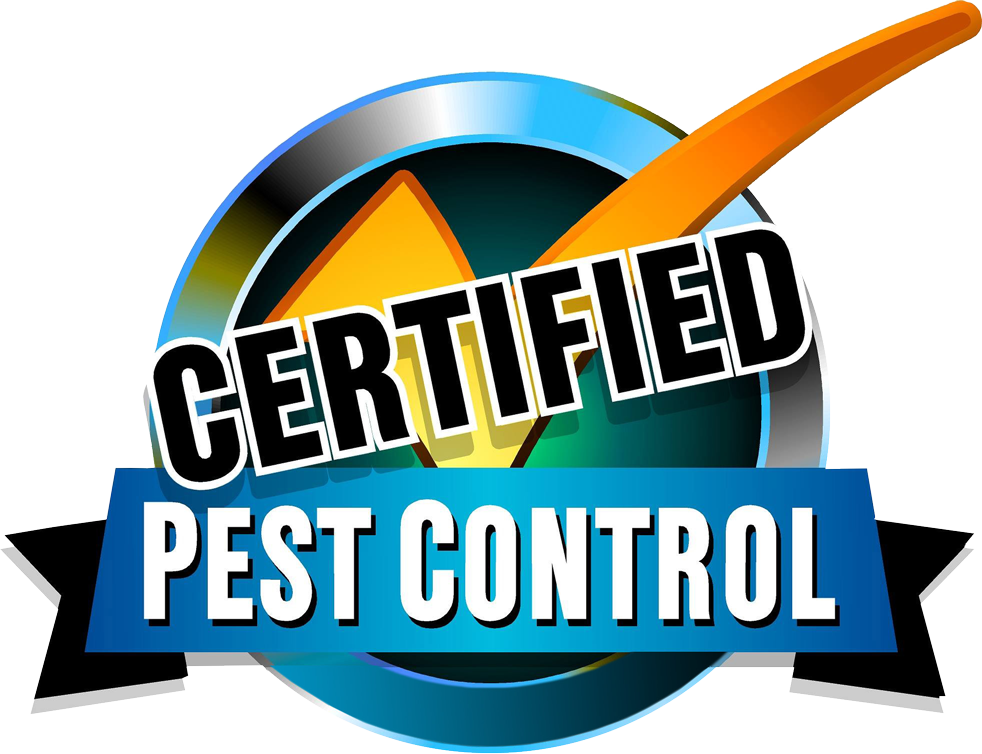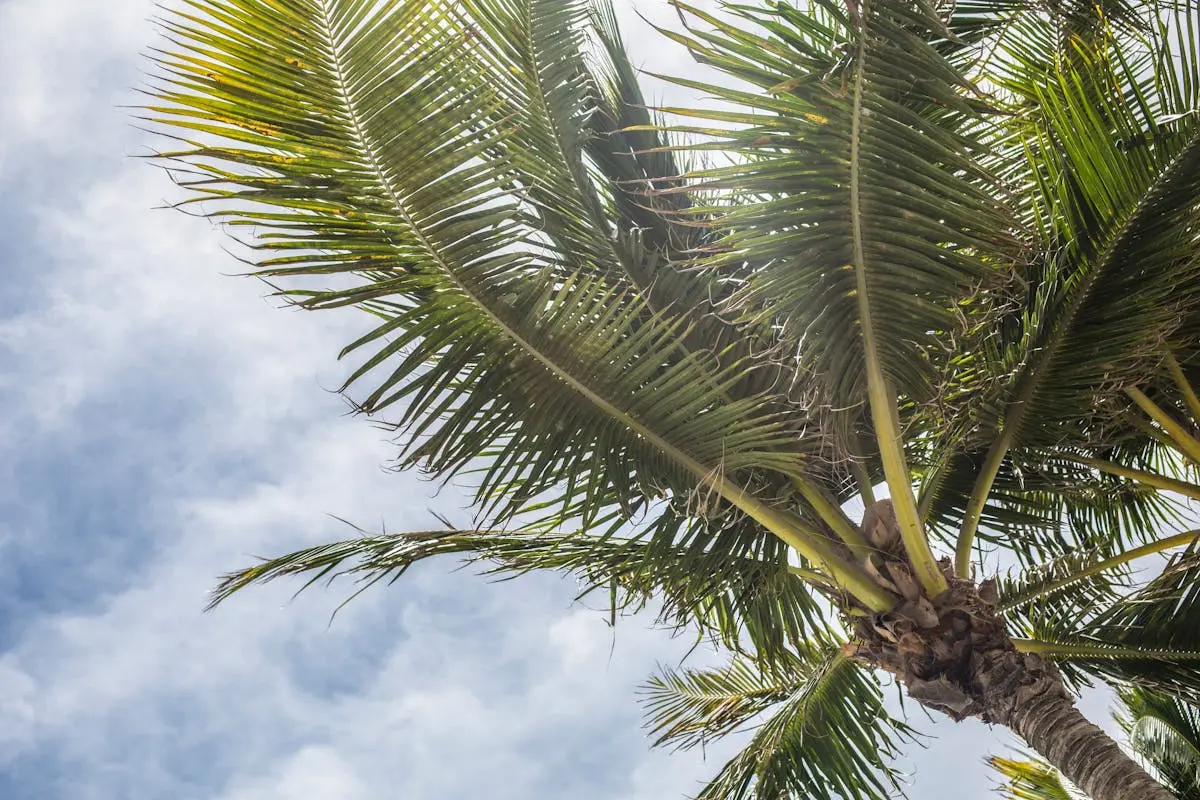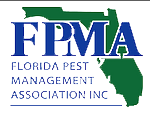Introduction to Florida’s unique climate
Florida’s climate stands out due to its high humidity and consistently warm temperatures, creating an ideal breeding ground for ants and other pests. This state enjoys a subtropical to tropical climate, depending on where you are. Up north, you might find cooler winters, but as you move down south, the temperatures stay warm year-round. This unique weather pattern, combined with Florida’s rainy season that typically peaks from May through October, provides plenty of moisture. Such conditions allow ant populations to thrive and expand rapidly. So, when talking about ant infestations in Florida, understanding the state’s distinctive climate is crucial.
Understanding how Florida’s climate affects ant behavior
Florida’s climate is like a playground for ants. Warm temperatures and high humidity are exactly what ants love, making Florida an ideal spot for them to thrive. This is why you might notice more ants in your home or garden, especially during the hot, humid summer months. The constant warmth allows ants to remain active all year, unlike in colder regions where they might hibernate during winter. This non-stop activity means ants are always looking for food, water, and shelter, leading to more frequent invasions into your space. Also, the heavy rains common in Florida can flood ant nests, driving them to seek refuge in your home. Understanding this behavior helps in identifying why ant control is a persistent challenge in Florida.
Common types of ants in Florida
Florida’s sunny and humid weather makes it a perfect home for many types of ants. You’ll find three main troublemakers here: Carpenter ants, Fire ants, and Ghost ants. Let’s break it down. Carpenter ants love to chew through wet wood, making your home’s framework their buffet. Then you have the Fire ants. These guys are aggressive, and their sting packs a punch. They love building mounds in open areas and can quickly take over your yard. Lastly, there’s the Ghost ant, tiny and hard to spot, hence the name. They’re attracted to sweets and can easily sneak into your home. Knowing these ants helps in planning the right attack strategy to keep them at bay. Stay ready to protect your home and yard from these uninvited guests.
Impact of humidity and heat on ant infestations
Florida’s heat and humidity are like a welcome mat for ants. These tiny invaders thrive in warm, moist environments, making Florida the perfect spot for them to set up camp. Here’s the deal: as the temperature rises, ants become more active and start looking for food, water, and shelter. Humidity plays into their hands, too, offering ants the moist conditions they love. This combo of heat and moisture speeds up their breeding cycle, leading to bigger ant colonies in a shorter time. So, when you’re sweating it out in Florida’s heat, remember, the ants are having a field day. Controlling them means staying on top of things like sealing up food, fixing leaks, and keeping things dry. It’s a fight, but knowing what you’re up against is half the battle.
Seasonal ant infestation patterns in Florida
Florida’s warm climate is like a paradise for ants, making them active all year. However, ant activity and infestations peak during the wet season, from May to October, when they invade homes seeking shelter and food. In the cooler months, from November to February, ants are less visible, but that doesn’t mean they’re not around. They’re just less active or hiding in their colonies. Key takeaway? Ant control in Florida isn’t a once-a-year task; it’s a year-round battle, with special attention needed during the rainy season to keep these pesky invaders at bay.
Ant control: preventive measures for homeowners
Florida’s humid and warm climate is a paradise not just for people but also for ants. This makes your home a potential target year-round. But don’t worry, keeping ants at bay is doable with some simple steps. First up, cleanliness is your best defense. Make sure to regularly wipe down surfaces to remove crumbs and spills, especially after meals. Next, store food in sealed containers. Ants have a fantastic sense of smell and can find the smallest bits of food. Sealing food away makes it less accessible to them. Also, manage your trash well. Taking out the garbage regularly and using bins with tightly fitting lids can stop ants from being attracted to your waste. Another tip is to seal entry points. Ants are tiny and can enter through the smallest cracks. Use caulk to seal potential entrances around windows and doors. Lastly, maintain your yard. Overgrown vegetation touching your house can act as a bridge for ants to enter. Keep branches trimmed and away from your home. By following these steps, you can reduce the chances of an ant infestation in your Florida home.
Chemical ant control strategies tailored to Florida’s climate
In hot, humid Florida, controlling ants requires more than just laying out bait; it’s about choosing the right chemical strategies that match the climate. The warm weather means ants are active year-round, making infestations more common. For Florida, liquid baits are often more effective than granules because they’re easier for ants to consume in the heat. Chemical sprays can create barriers that last, but remember, what works depends on the ant species. Indoor chemical treatments should be low toxicity and targeted, focusing on cracks and crevices where ants enter. Outdoors, treatments might include perimeter sprays to stop ants in their tracks. Always consider the environmental impact; opt for products that are specific to ants to minimize harm to other wildlife. Remember, the goal is to disrupt the ants’ trails and colonies, so choosing the right approach for Florida’s climate is key to keeping your home ant-free.
Natural and eco-friendly ant control methods
In Florida, the hot and wet climate is like a paradise for ants, making infestations a common headache. Instead of reaching for harsh chemicals that harm the environment and possibly your health, consider natural and eco-friendly ways to keep these tiny invaders at bay. First off, cleanliness is king. Wipe down surfaces and make sure food is sealed tight. Ants are on a constant hunt for food and water, so eliminating their source is your first line of defense. Next, try using natural repellents. Cinnamon, vinegar, and peppermint oil are not just stuff in your pantry or medicine cabinet; they are also your allies against ants. A line of cinnamon or a spray of vinegar and water at entry points can deter ants. Peppermint oil not only keeps your home smelling fresh but also repels ants. If you find an ant trail, a mixture of soap and water can disrupt their scent trails, effectively disorienting them and keeping them from coming back. Lastly, consider diatomaceous earth for areas where ants frequent. It’s a powder made from fossilized algae that’s harmless to humans and pets but lethal to ants. Just sprinkle it around ant entry points. By adopting these eco-friendly methods, you not only tackle ant infestations but also contribute to the well-being of our planet.
Professional ant control services in Florida
In Florida, the battle against ants is ongoing due to the state’s warm climate. Professional ant control services are crucial in keeping these pests at bay. These experts know the local ant species inside out and the best ways to deal with them. Typically, a professional service will start by inspecting your property to identify the ant species and their nests. They might use baits, chemical treatments, or a combination of both to eliminate the ants. Most importantly, they’ll offer advice on preventing future infestations, like sealing entry points and reducing moisture around your home. Costs vary depending on the severity of the infestation and the treatment plan. Remember, investing in professional ant control can save you from bigger headaches down the line.
Summary and final thoughts on managing ant infestations in Florida
Florida’s warm, humid climate sets the perfect stage for ant invasions, making them a constant bother for homeowners. But, tackling ant infestations in Florida isn’t impossible. It requires understanding the climate’s role and adopting smart, persistent strategies. Firstly, never underestimate regular home maintenance. Seal up cracks, clean up spills immediately, and manage moisture meticulously. These actions make your home less inviting to ants. Secondly, identify the ant species – this knowledge is crucial because it drives the choice of baits and repellents. Thirdly, don’t hesitate to switch up your approach if the first plan doesn’t cut it. Sometimes, it takes a couple of tries to find the most effective method. Lastly, remember, professional help isn’t a last resort; it’s an intelligent strategy for stubborn infestations. Be proactive, consistent, and patient. Florida’s climate may favor ants, but with the right tactics, you can tip the balance in your favor.



